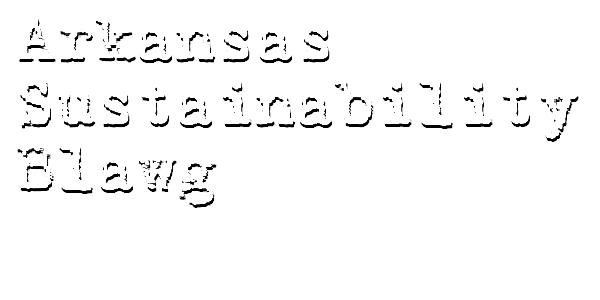The dispute between adjoining landowners arose out of a “Warranty Easement Deed” between Riverbend and the U.S. The Deed placed a pond located on Riverbend’s property into a Wetlands Reserve Program. The U.S. paid Riverbend around $1.5 million for the Deed.
At the same time as the Deed, the landowners directly to the south of Riverbend, the Johnsons, granted an easement to the U.S. permitting the overflow of pond water from the Riverbend property onto the Johnson property.
The Johnsons sought permanent access to the Riverbend pond. They argued that the pond easement gave them a right of access to Riverbend’s land, and that the Deed put the water and wildlife of the pond into the public domain.
The trial court denied the Johnsons’ claims and permanently enjoined them from going onto the Riverbend property. The decision turned on the plain and unambiguous language of the Deed, which reserved to Riverbend the “the right to prevent trespass and control access by the general public,” and the “right to undeveloped recreational uses, including hunting and fishing, and including the leasing of such rights for economic gain . . . .” The trial court held that this language made it clear that the Deed did not “open for use [Riverbend’s property] as a recreation area by the general public or the [Johnsons] for any reason.” Observing that there is, “nothing ambiguous or uncertain about the language of the easement,” the Arkansas Court of Appeals affirmed.
The full decision of the Arkansas Court of Appeals, Johnson v. Kros, can be found at 2014 Ark. App. 254 (2014).

No comments:
Post a Comment
I welcome your comments. By commenting on this blog, you accept the blog's terms of use. You must use your first and last name when posting, and you must stay on topic.